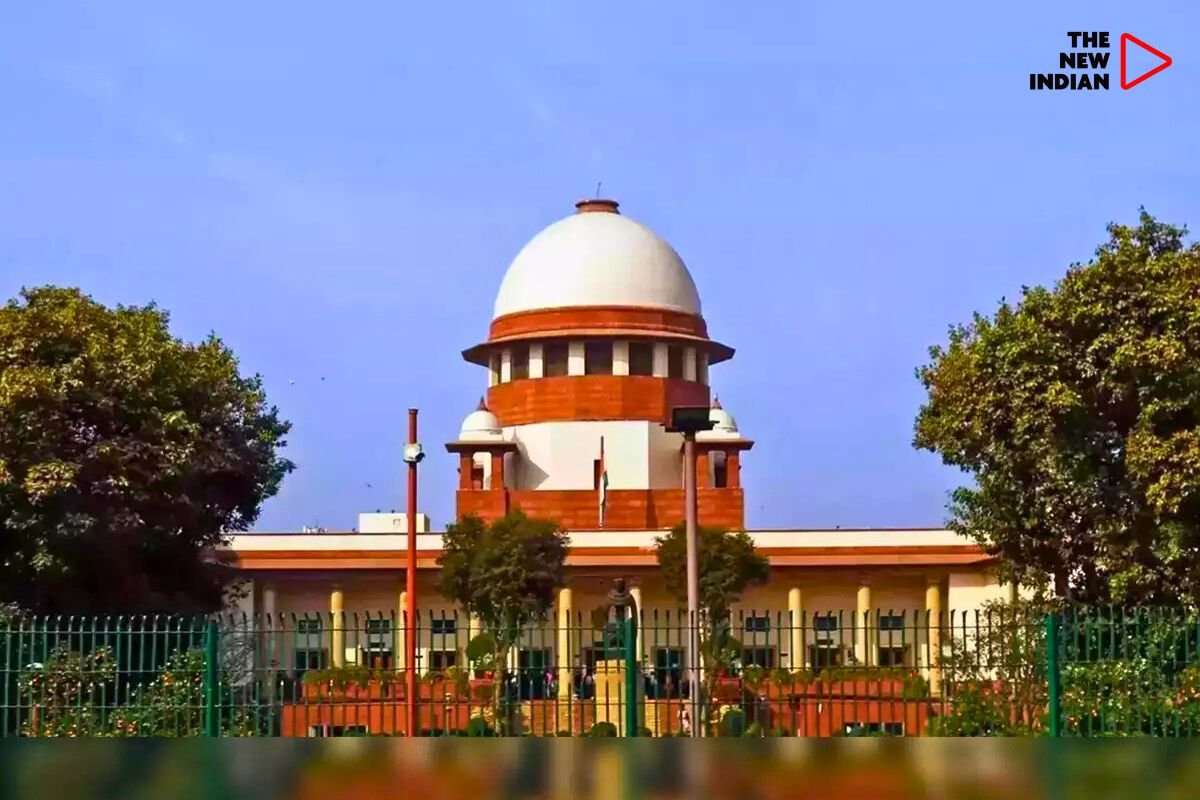NEW DELHI: The Supreme Court has ruled that the Central Bureau of Investigation (CBI) does not need the consent of state governments to register an FIR against Central government employees posted in various states. A bench of Justices C.T. Ravikumar and Rajesh Bindal delivered this verdict on January 2, overturning an earlier ruling by the Andhra Pradesh High Court.
The case involved allegations of corruption against two Central government employees working in Andhra Pradesh. The CBI had filed FIRs under the Prevention of Corruption Act (PC Act), a central law. The accused argued that the general consent provided to the CBI by the undivided state of Andhra Pradesh under the Delhi Special Police Establishment Act, 1946 (DSPE Act), was no longer valid after the state’s bifurcation. The Andhra Pradesh High Court had agreed with this interpretation and quashed the FIRs, asserting that fresh consent from the newly formed state was necessary.
ALSO READ: Delhi Police accused of colluding with criminals
However, the Supreme Court rejected this reasoning. Justice Ravikumar, authoring a detailed 32-page judgment, stated that the legal framework in place for the undivided Andhra Pradesh continued to apply to both successor states, Andhra Pradesh and Telangana, until explicitly repealed or amended. He emphasized that the bifurcation of the state in 2014 did not nullify the existing general consent granted to the CBI.
The bench clarified that the consent regime under Section 6 of the DSPE Act was not intended to impede investigations into central offences. It ruled that the CBI’s jurisdiction to investigate offences under central laws, involving Central government employees, remained intact regardless of their place of posting.
ALSO READ: Won’t perform Khurana’s last rite, until police release his message, says family
The judgment also referenced precedents, including a 1990 government order granting general consent to the CBI and subsequent extensions, to support its decision. It noted that state-specific formalities, such as fresh consent, were unnecessary for cases involving Central government employees under central legislation.
“We firmly hold that the High Court’s decision to quash the FIRs was erroneous and cannot be sustained,” the bench stated, allowing the CBI’s appeal to proceed with its investigations.










